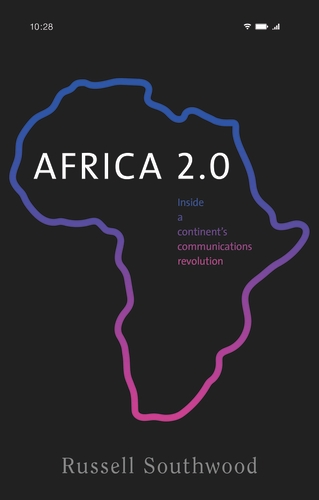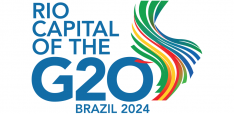Book Review - Africa 2.0: Inside a Continent’s Communications Revolution

Southwood, R. (2022) Africa 2.0: Inside a Continent’s Communications Revolution. Manchester University Press. ISBN: 978-1-5261-5482-8
Been catching up with my reading backlog over the Christmas break….
According to the publisher’s blurb ‘Africa 2.0 provides an important history of how two technologies – mobile calling and internet – were made available to millions of sub-Saharan Africans, and the impact they have had on their lives. The book deals with the political challenges of liberalisation and privatisation that needed to be in place in order for these technologies to be built. It analyses how the mobile phone fundamentally changed communications in sub-Saharan Africa and the ways Africans have made these technologies part of their lives, opening up a very different future.’ Interesting.
 The starting point: in 1986, sub-Saharan Africa had fewer phone lines than Manhattan. By 2019, 45% of Africans had a mobile phone and 25% has access to mobile internet. Leapfrogging in action.
The starting point: in 1986, sub-Saharan Africa had fewer phone lines than Manhattan. By 2019, 45% of Africans had a mobile phone and 25% has access to mobile internet. Leapfrogging in action.
As founder and CEO of the consultancy and research practice, Balancing Act, Southwood is well qualified to write about all this, having spent 20 years editing and writing a weekly e-letter on telecoms and internet in Africa. For the book, he added academic and policy research, and a bunch of interviews with key players in Africa’s mobile/online world.
The book is divided into three sections: the first deals with the hardware – the super-rapid spread of mobiles, and the much more painful rise of the internet. Part 2 looks at the use these were put to – things like mobile money and e-commerce. Part 3 explores the wider impact on politics, culture and society.
Of these, the first two sections are stronger, reflecting the author’s insider position as a tech geek among tech geeks. Unfortunately, I was mainly interested in the third – and this was a bit patchier.
He makes some interesting points on the politics and political economy of digital – creating a new narrative of success and aspiration among Africans of all classes, and generating significant tax revenues ($16.7 billion in 2019) and jobs (by 2018, 650,000 directly employed, and a further 1.4 million in informal jobs – if that includes all the mobile money kiosks, it sounds like an underestimate!). He is also good on ‘digitization with African characteristics’ – the adaptations that took place as part of the spread of mobiles (pre-paid and the link to remittance flows, for example). As a by-product, advertising by competing mobile companies fuelled the growth of a new generation of private broadcasters.
In all this, donor funding by IFC and DFID, among others, played an important catalytic role (the UK’s support to Safaricom for the creation of MPESA is still one of its iconic innovation success stories).
Southwood also has a strong section on a range of ‘digital divides’ – inequalities in access and usage (rural-urban, gender etc).
Where the book disappoints is in its rather cursory discussion of ‘key changes in behaviours’ – aspiration, individuality, sexual norms and trust. Despite flagging these at the top of the concluding chapter, they only get six pages in total, in a disappointing finale to the book. It’s as though the author is sufficiently aware to acknowledge the issues, but doesn’t quite know how to step out of the tech bubble and find what to read/who to talk to, to unpack them.
In this there’s a strong contrast with Nanjala Nyabola’s Digital Democracy, Analogue Politics. Nyabola focussed on issues of power and politics in Kenya, not just the tech – much more my cup of tea.
Also in contrast to Nyabola, the book largely portrays the spread of digital as an unalloyed good. Not much here on the use of digital to whip up division, hatred and violence, particularly around disputed elections (a powerful part of Nyabola’s book).
Nevertheless, if you are interested in understanding the rise of digital, this is a very useful book – perhaps best to see it as a good complement to more politically-informed treatments like Digital Democracy.
This first appeared on From Poverty to Power.


